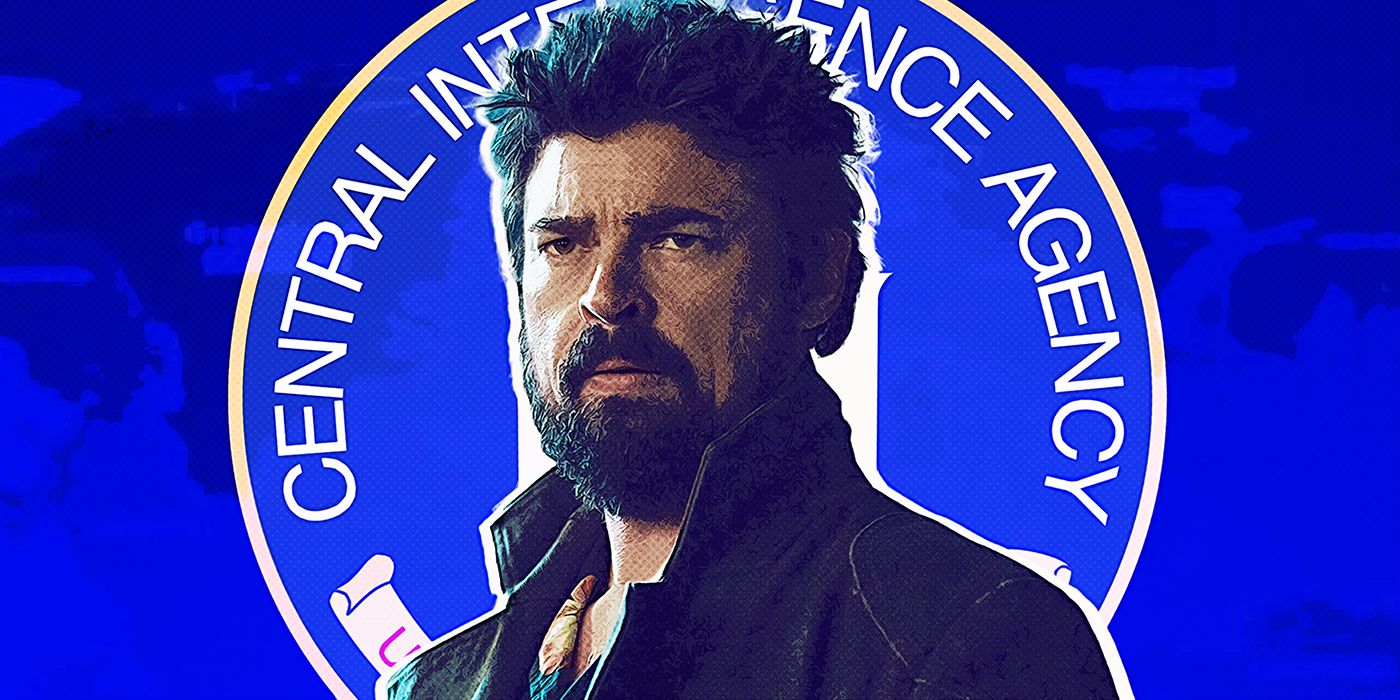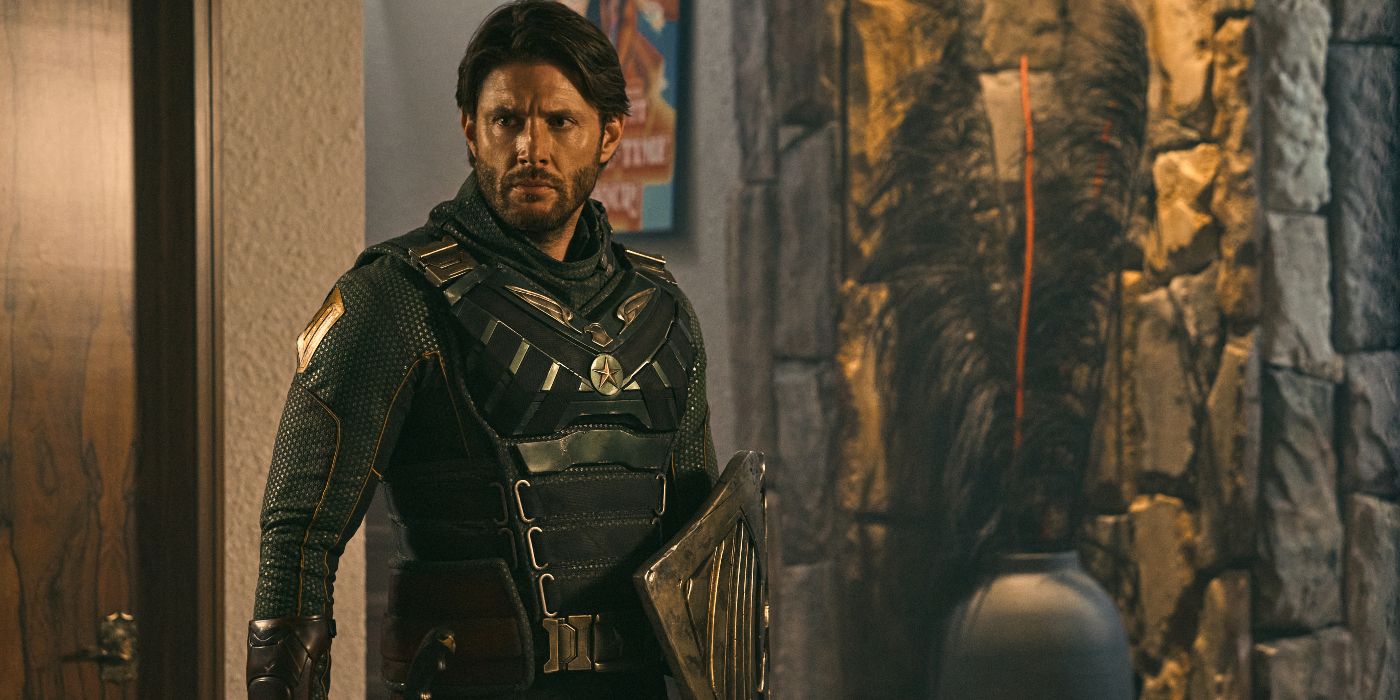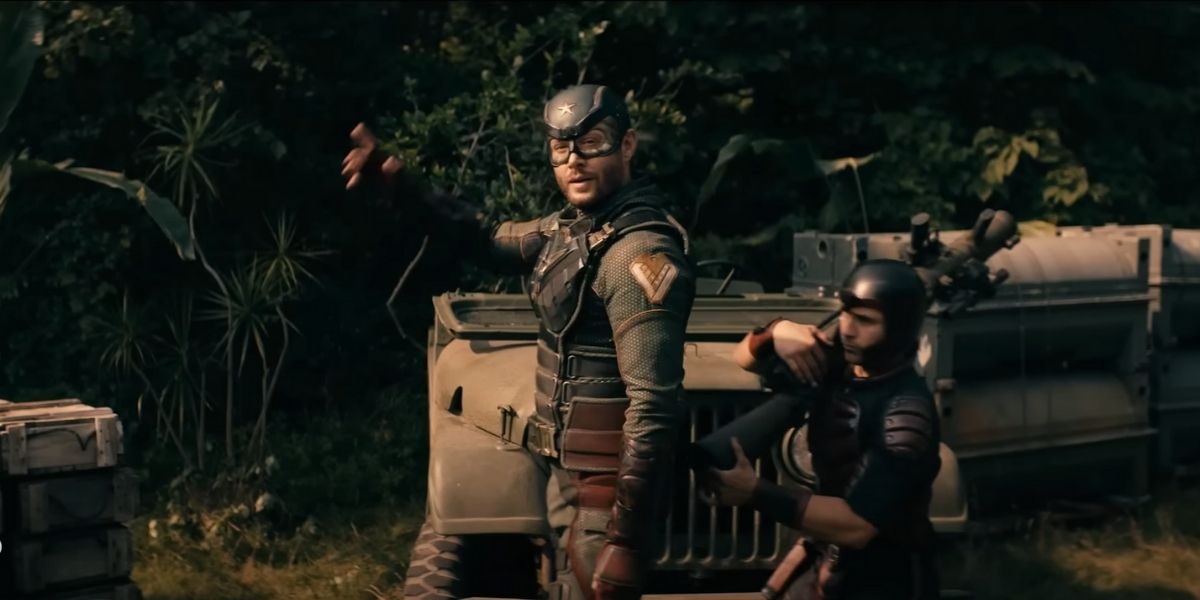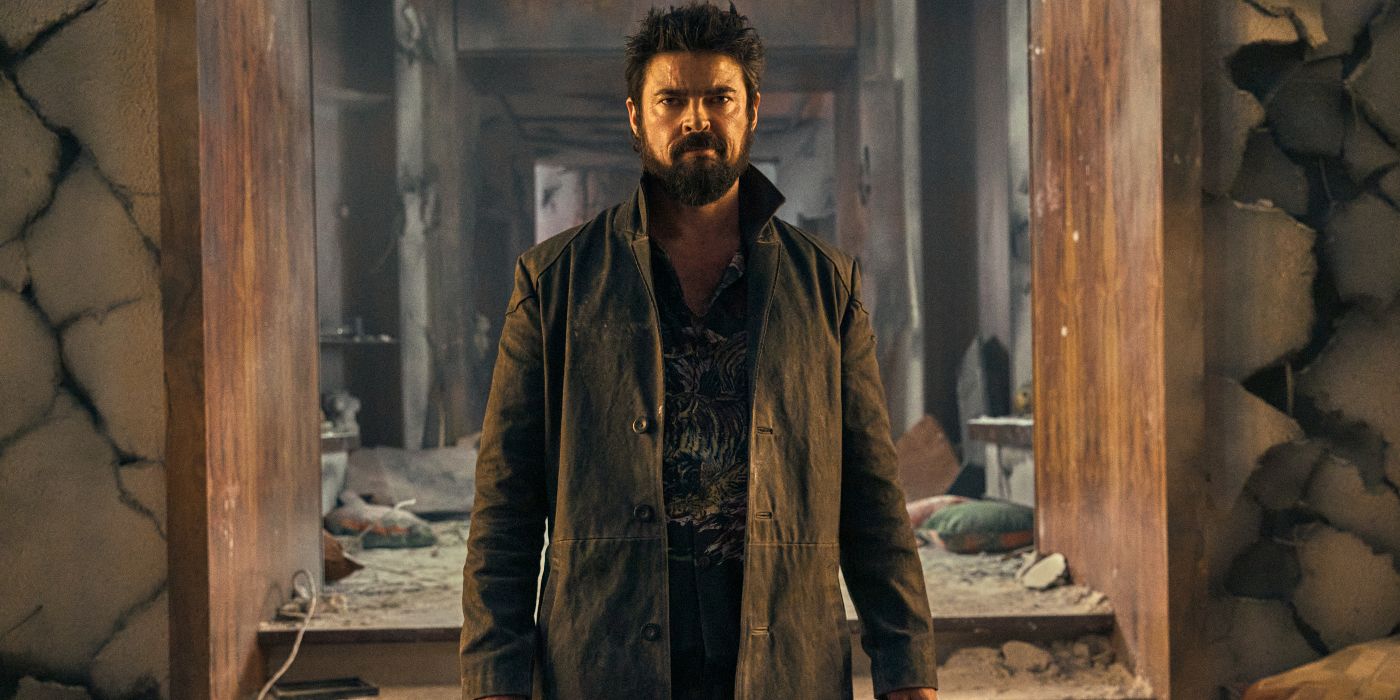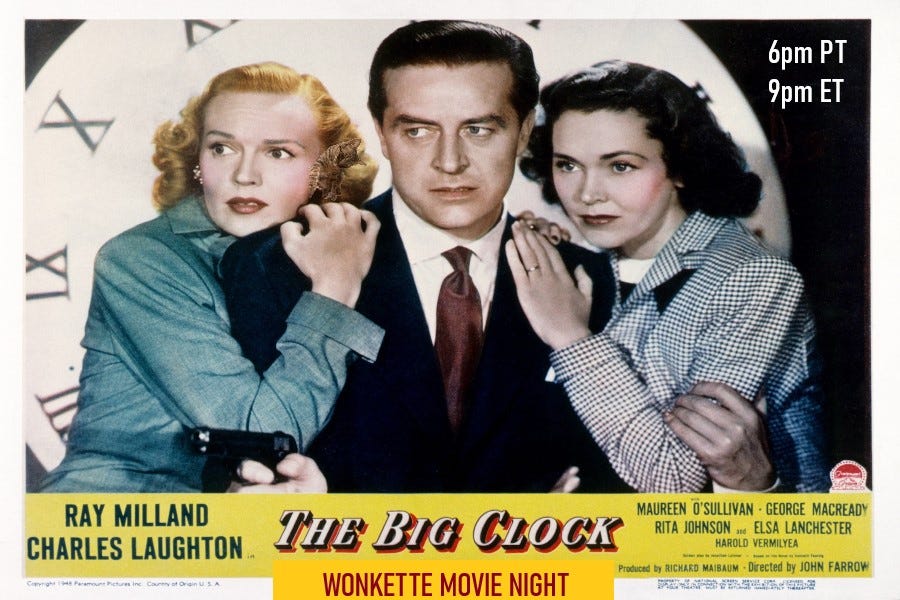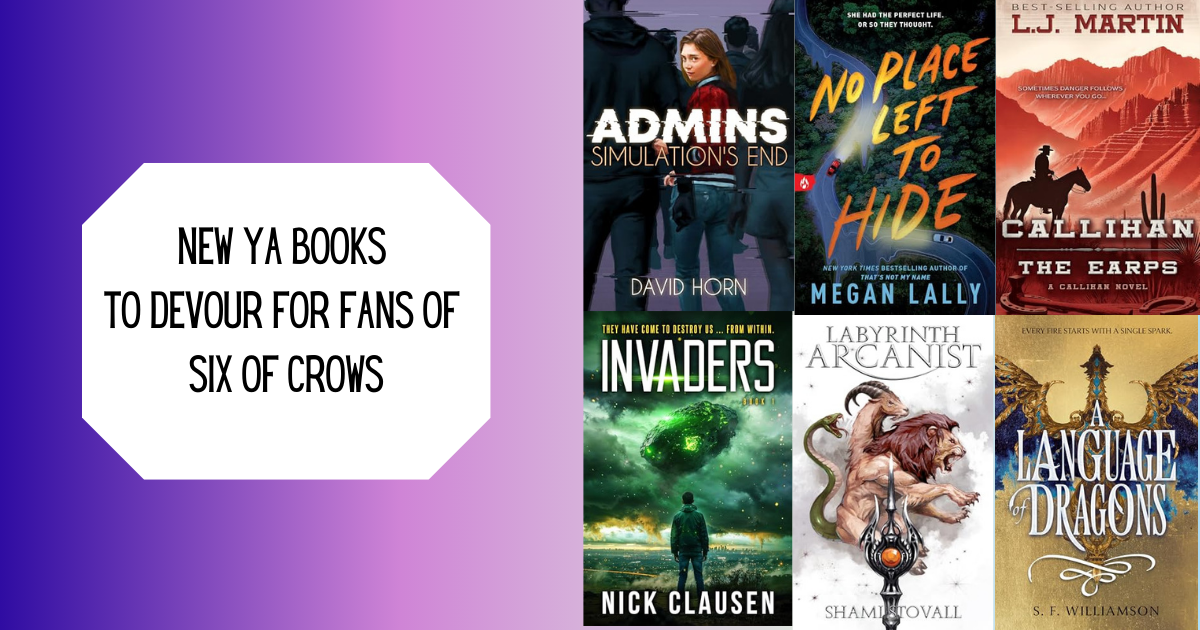The Boys squeezes in critiques of American society from all angles. It lays bare the absurdity of hero-worship by making a world in which superheroes get celebrity treatment. Even in Episode 1, we see A-Train get away with accidentally killing an innocent civilian. The show delves deeper by showcasing how Vought, the company with a patented superhero-making serum, protects its interests in selling superheroes to militaries by crafting a positive perception of the heroes in the media.
One of the show’s overarching themes is the influence of the arms trade on American and global politics. A murky arms manufacturer protecting its products’ image resonates with American audiences; Vought is even the name of one of America’s many real-life prominent warcraft manufacturers of the 20th and 21st centuries. In The Boys season three, as the character of Soldier Boy receives more attention, and we get more of his background, we learn about Vought’s involvement in actual historical events. The Iran-Contra affair and the Soviet-Afghan war are two instances in America’s recent history where the CIA allegedly armed and trained insurgents in the name of fighting communism at all costs, and, on The Boys at least, supes were present at both. In classic The Boys fashion, these historical events blend irony with violence to highlight shameful points in U.S. military-intelligence history, all while providing keen insight into the show’s characters. Since not everyone watching the show will be intimately familiar with U.S. history, this article will give historical context to the events set in Nicaragua in “Barbary Coast,” the third episode of Season 3, and those set in Afghanistan in “Herogasm,” the sixth.
“Barbary Coast” gives audiences background into Soldier Boy, specifically about how he wound up in the hands of the Russian government. Billy Butcher (Karl Urban), the leader of The Boys, asks Grace Mallory (Laila Robins), the founder, to give background on what happened to Soldier Boy in Nicaragua. She tries to avoid the question, but eventually caves, and tells our favorite supe hunters a pretty juicy story. The supes were in Nicaragua to assist the CIA with Operation Charly, a covert mission that involved funding, arming, and training the counterrevolutionary Contras in Nicaragua. At the same time, Vought came down to use Nicaragua as a staging ground for proof to the U.S. military that it should invest in Vought’s superheroes. A battle ensued in which superheroes indiscriminately killed enemies and allies, and Soldier Boy got airlifted away by the Soviets. This saga is used to explain why Grace Mallory hates superheroes and formed The Boys — she watched Vought bring chauvinistic superheroes into her mission, make a mess of things, and receive full immunity. But what exactly was her mission?
Grace mentions Operation Charly, trafficking drugs to minority communities, and Oliver North. All three of these reference the real events that transpired in what was known as the Iran-Contra affair. During the late 1970s and early 1980s, a force known as the Sandinista National Liberation Front overthrew the Somoza dynasty, a U.S.-backed dictatorship that held power in the region since the end of the United States’ formal occupation in the early 1930s. Thus, the CIA formed and funded a militant right-wing counterrevolutionary group known as the Sandinistas, and it used the sympathetic Argentinan government to funnel funds in what was known as Operation Charly. Interestingly, funding continued after the Boland Amendment made it illegal. Another interesting note included the U.S. sale of arms to Iran to fund the Contras, another illegal act. Oliver North, a colonel, took the fall for facilitating illegal sales of arms to Iran during the Iran-Iraq war by laundering them through Israel and using the funds to arm the Contras. This is what Grace meant by “Oliver North’s epic fuck-up.”
She also mentions the well-documented history of the CIA and Contra forces smuggling cocaine into America. Like how the Iran-Contra affair had destabilizing effects for several of America’s victims, smuggling cocaine into the United States destabilized poor and minority communities, and paved the way for increased domestic policing. These events in Nicaragua only scratch the surface of U.S. military-intelligence interference in foreign democracy, and it makes sense that Vought and the supes were there for it.
Another moment of actual CIA history gets brought up in Episode 6, “Herogasm,” and it is much more entertaining and tongue-in-cheek than the bloody mess in Nicaragua. In “Herogasm,” we get to see a Regan-era film that stars Soldier Boy fighting the good fight alongside his mujahideen brothers. When the film ends, we get a small dedication to “the brave mujahideen fighters of Afghanistan.” This is in direct reference to films of the era, like Rambo III, which glorified the U.S.-backed mujahideen during the Soviet-Afghan war. The CIA really trained and backed militant extremists in an effort that came to be known as Operation Cyclone. Like in Nicaragua, the justification was that communism is bad. This crude ideology of fighting communism at all costs justified the funding of organizations and militants who hold outsized power to this day. It is impossible to ignore the influence of funneling millions of dollars worth of arms on instability in Afghanistan. The Boys is making the poignant argument that the arms industry caused the problems for which it claims to be the relevant solution.
The Boys is at its core a critique of the military-industrial complex and the arms industry. It also attempts to tie itself into the fabric of history through minor rewrites that place supes on the front lines of the 20th century’s major wars. Thus, it follows that Vought and its supes were behind the more malign actions the U.S. covertly took during the latter half of the 20th century. As bleak as it is, the main reason for terror campaigns is to sell guns. The analog in the world of The Boys is to sell supes. For Vought, and real-life military contractors, to continue existing, they need to create the conditions of war. Overall, the actual tie-ins to military history also make The Boys much more compelling.


















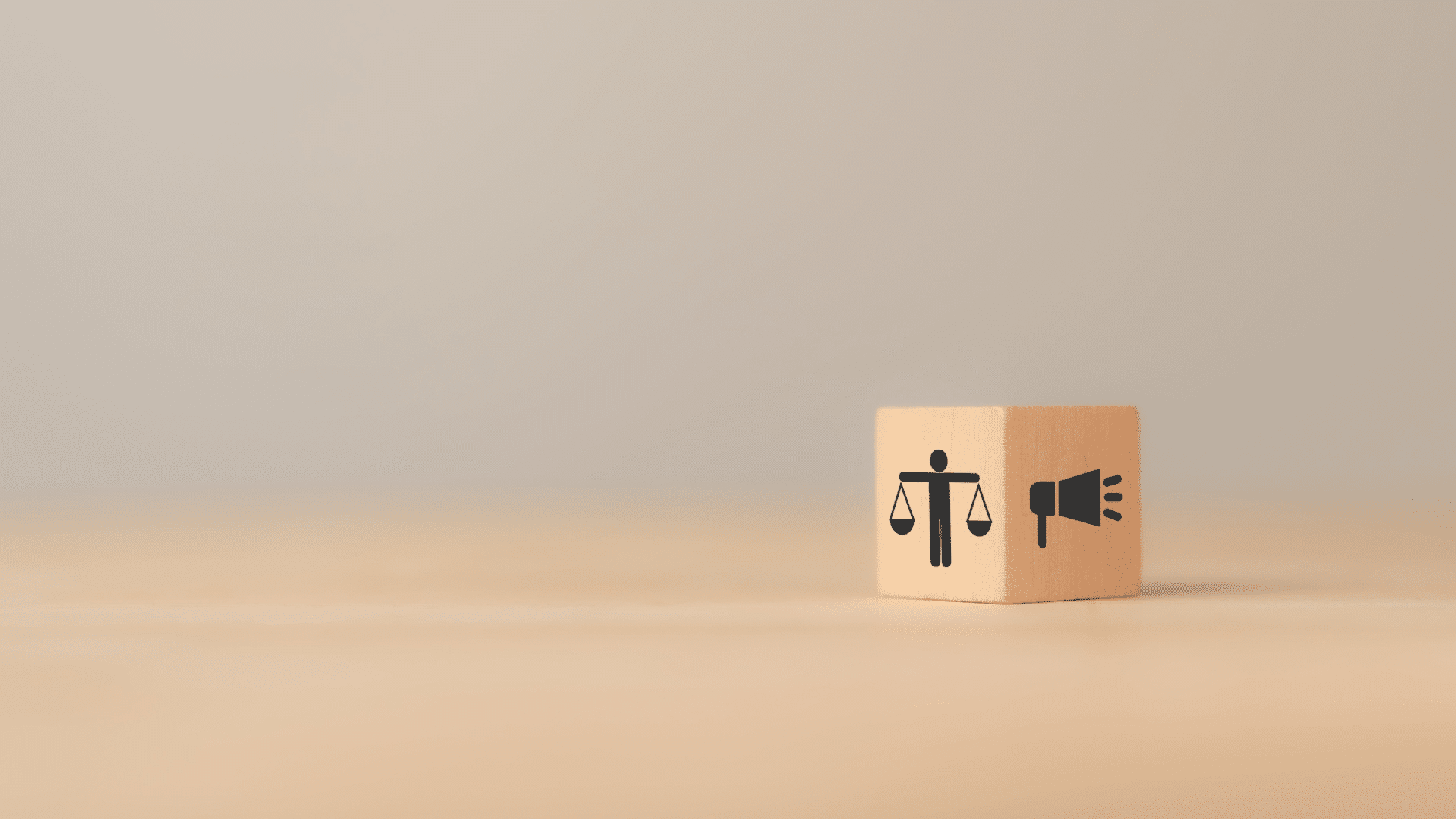





























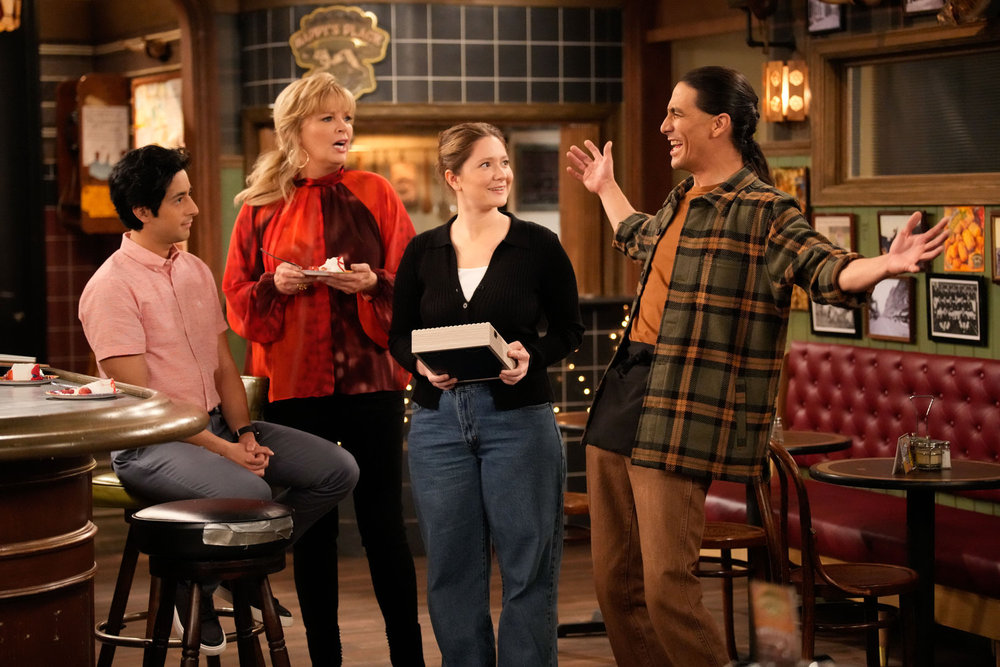





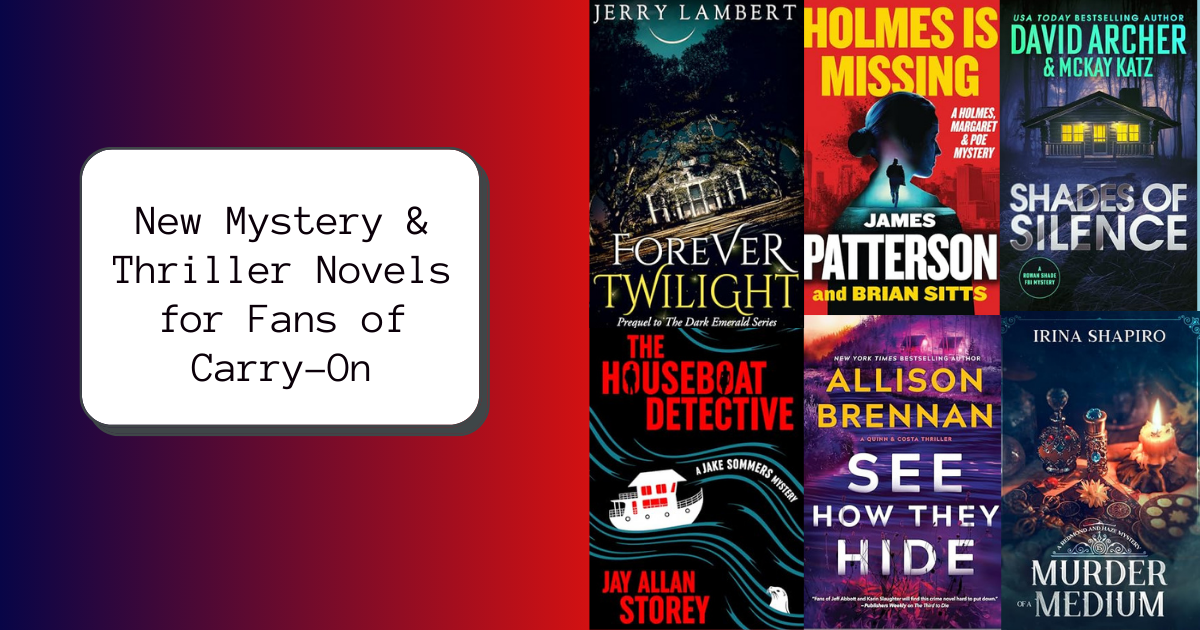
![5 Ways to Improve Your LinkedIn Marketing Efforts in 2025 [Infographic] 5 Ways to Improve Your LinkedIn Marketing Efforts in 2025 [Infographic]](https://imgproxy.divecdn.com/Hv-m77iIkXSAtB3IEwA3XAuouMwkZApIeDGDnLy5Yhs/g:ce/rs:fit:770:435/Z3M6Ly9kaXZlc2l0ZS1zdG9yYWdlL2RpdmVpbWFnZS9saW5rZWRpbl9zdHJhdGVneV9pbmZvMi5wbmc=.webp)





